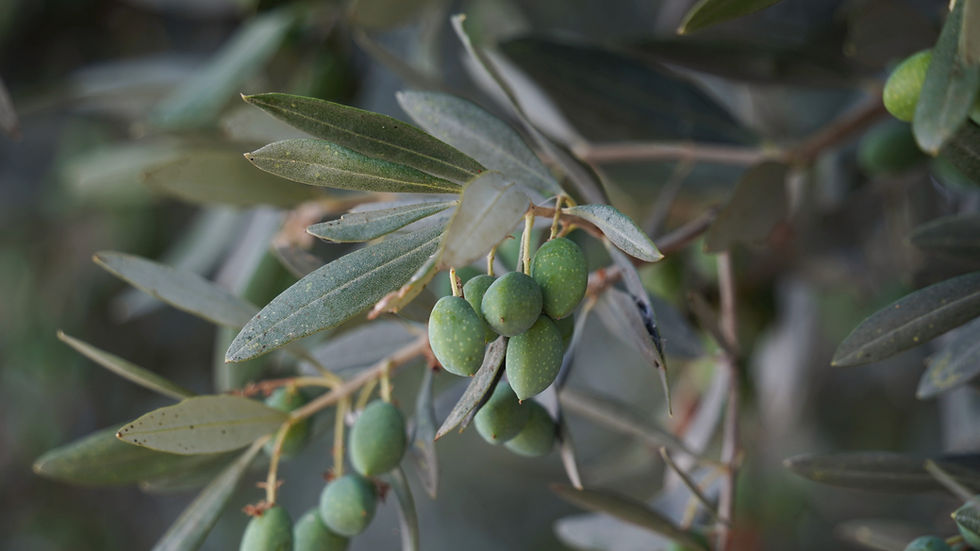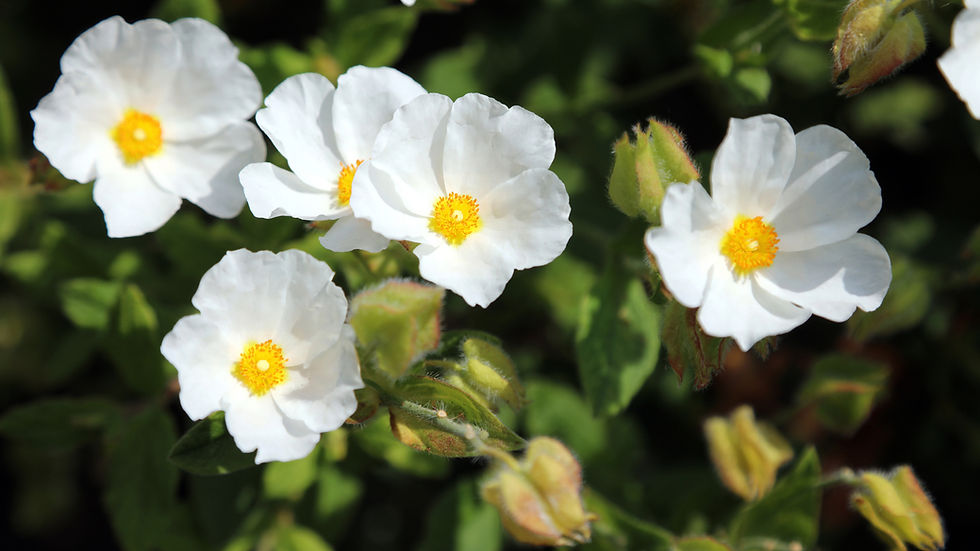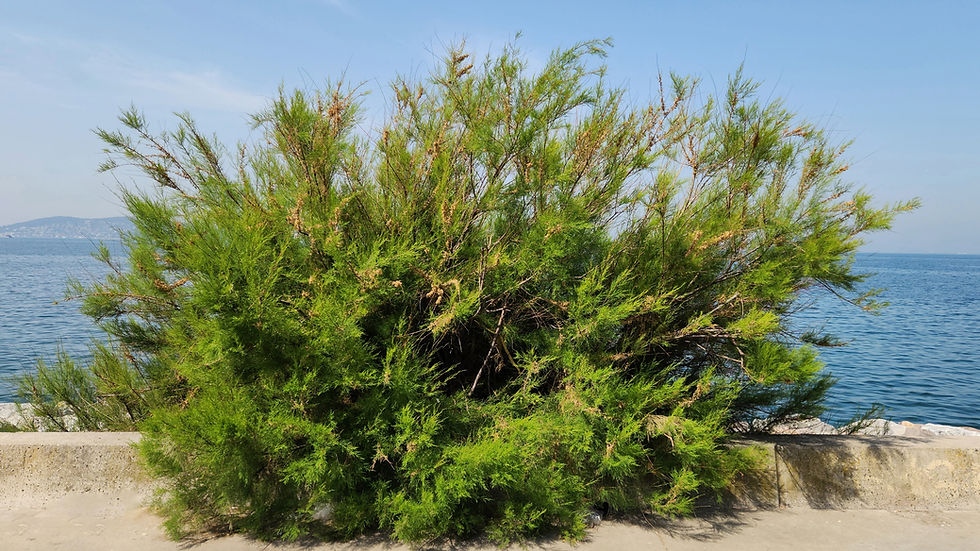Olive Tree: Oil of Time and Quiet Power
- Alina Vyshkov

- Jun 9, 2025
- 2 min read
Updated: Jun 10, 2025

The olive tree gives oil of time and quiet power — an ancient presence rooted in the hills and prayers of Israel. Its silvery branches carry covenant, endurance, and the hush of sacred labor.
A tree whose shade is Covenant. Whose fruit is light that does not fade.
When God created a tree
whose branches would survive the flood,
He created the olive.
It is not tall,
but its roots go deeper than history.
They know how to stand—
and how not to give in, even when the world
is covered in water.
The first sign of hope
after devastation—
an olive leaf in the beak of a dove.
Not a flower. Not a fruit.
A leaf.
A sign: there is still land,
still a way to begin again.
The olive does not rush.
It grows slowly.
But its oil—
one of the first offerings,
and one of the last
to burn in the Temple.
In Jewish tradition, the olive is
the tree of anointing.
Its oil kindles the light of the Menorah.
And every time that flame is lit,
it is not just fire.
It is memory.
It is the flame that remembers the Covenant.
In Kabbalah, the olive corresponds to Yesod—
foundation, channel,
the source from which
light is passed forward.
But it also belongs to Or Pnim,
the inner light:
it does not shout.
It does not blind.
It simply stays—
within, in the depths.
When distilled, olive leaves are silent.
They do not speak in scent.
But perhaps this is their teaching:
not everything must be sensed
to be real.
Sometimes Light is what
cannot be heard—
and yet cannot be destroyed.
The olive is not just a tree.
It is memory become light.
And light become Covenant.
✨ This plant appears in Course 3 of the Talei Or journey.
A space where scent meets transformation, and the inner path expands.



Comments